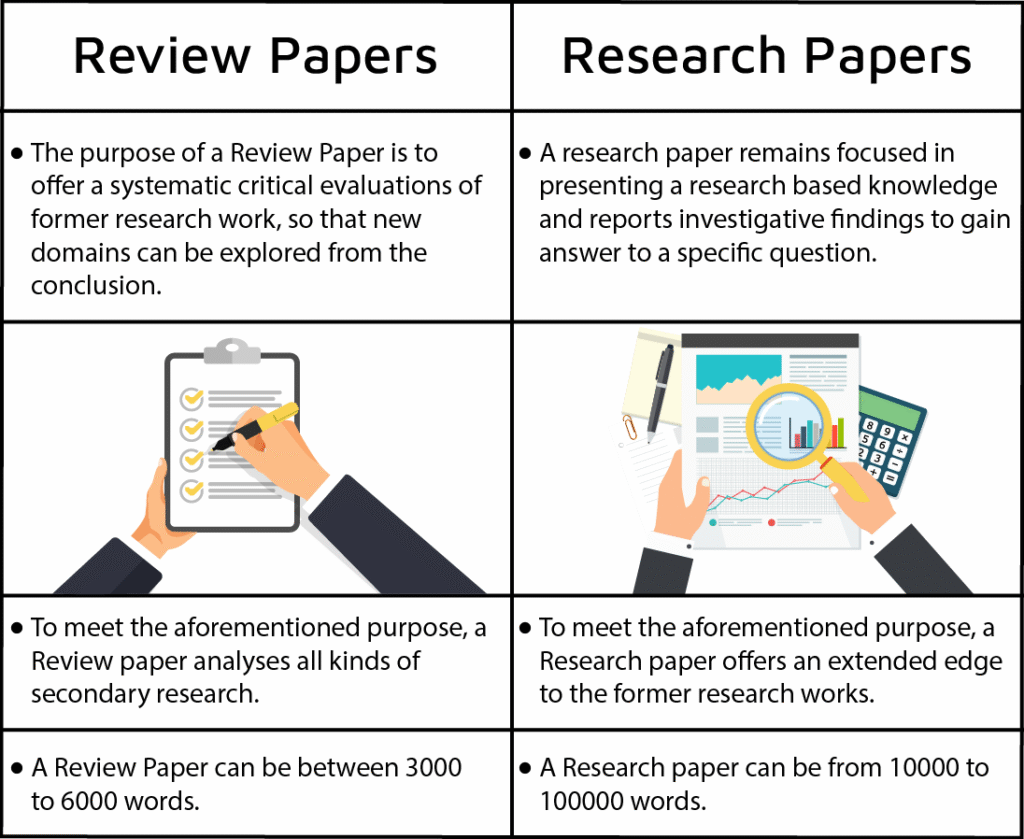What Does “Cursory” Mean?
The word “cursory” is an adjective used to describe something that is hasty, superficial, or done quickly without thoroughness. When you take a cursory look at something, you’re not examining it carefully or deeply—you’re just glancing at it or giving it a quick review. This term often carries a negative connotation, implying that the attention given to the task was insufficient or not detailed enough.
- Quick and Superficial: A cursory action is one done with minimal effort or attention to detail.
- Example: “I gave the document a cursory review, but I missed several important points.”
- Lacking Thoroughness: A cursory examination or check is not deep or comprehensive, often leading to missed information or errors.
- Example: “The cursory inspection of the house did not reveal the serious structural issues.”
The Origins of “Cursory”
The word “cursory” comes from the Latin word “cursus,” which means “a running” or “a course.” It is derived from the verb “currere,” which means “to run”—indicating something done quickly, without stopping to pay close attention. The term was adopted in English around the 17th century to describe actions that were done in a quick and superficial manner.
In essence, the word “cursory” originally referred to the act of moving quickly, and this meaning has remained consistent over time. When you perform something cursory, you are not taking the time to carefully inspect or engage with it. This quick, surface-level engagement is often contrasted with more deliberate, thorough actions.
How to Use “Cursory” in Different Contexts
Cursory is a versatile word that can be applied in various contexts. Below are some examples of how it might be used in both casual and formal communication:
- In Everyday Conversations:
- In casual speech, you might refer to a cursory glance at something to emphasize that you didn’t spend much time looking at it.
- In Business or Professional Contexts:
- In the workplace, a cursory review of reports or documents might indicate that the review was not in-depth or thorough.
- In Academic or Research Settings:
- A cursory analysis of a subject or research data would imply that the research was shallow, without exploring the topic in detail.
- In Legal or Regulatory Terms:
- Cursory checks are common in situations where a quick evaluation is required but a deeper investigation is unnecessary or impractical.
Synonyms and Antonyms of “Cursory”
Knowing the synonyms and antonyms of “cursory” can help you enhance your vocabulary and choose the right word depending on the context.
Synonyms:
- Superficial
- Hasty
- Shallow
- Brief
- Fleeting
- Casual
- Glancing
Antonyms:
- Thorough
- Detailed
- In-depth
- Comprehensive
- Careful
- Exhaustive
Example Sentence: “His cursory glance at the report was insufficient, whereas a more thorough analysis would have uncovered the issues.”
Real-Life Examples of “Cursory” in Action
- In Work or Study:
- Imagine you’re preparing a report at work. A cursory review might help you catch obvious mistakes, but it would not provide a complete or accurate understanding of the document’s content. If you need to thoroughly evaluate the report, you would have to engage in a much more detailed review.
- In Legal or Regulatory Inspections:
- In legal proceedings, a cursory check might involve a quick overview of documents or evidence. However, for accurate conclusions, more in-depth investigations are necessary.
- In Medicine or Health:
- A cursory examination by a doctor might involve a quick look at a patient’s symptoms. However, a detailed examination is necessary to identify any serious health issues.
Why Use “Cursory” in Your Vocabulary?
- Precision in Description:
- Cursory allows you to describe actions or observations that are done quickly and with little depth. It’s particularly useful when you want to highlight the superficiality or insufficiency of something.
- Enhance Professional Communication:
- Whether you’re reviewing documents, checking data, or conducting research, using “cursory” helps convey that the action was not thorough. It can also subtly suggest that a more careful or detailed approach is needed.
- Adding Variety to Your Language:
- Replacing common words like “quick” or “brief” with “cursory” can make your language more specific and impactful. It adds an extra layer of meaning to how you describe actions.
Image Prompts for SEO Optimization
To enhance your blog with visuals and improve SEO, consider using these image prompts:

Alt text: “A person quickly flipping through pages, performing a cursory glance.”

Alt text: “A cursory inspection of a building, lacking a thorough review.”

Alt text: “Comparison of a cursory review and a detailed review of a report.”
Conclusion: The Importance of Understanding “Cursory”
The word “cursory” is an essential part of the English language, especially when you want to convey the idea of something being done quickly, superficially, or with minimal effort. Whether you’re describing a quick glance at a document, a brief examination, or an incomplete review, “cursory” offers a more precise and meaningful way to describe these actions.
Incorporating “cursory” into your vocabulary can help you express a nuanced perspective, especially when you need to highlight the lack of depth in a process. Whether you’re using it in professional, academic, or everyday contexts, mastering this word will improve your communication skills and help you accurately convey the nature of the task at hand.
3 SEO-Boosting External Links:
- Cambridge Dictionary: Cursory Definition
- Merriam-Webster: Cursory Meaning
- Vocabulary.com: Cursory Definition
https://englishskillstudio.com/wp-admin/post.php?post=1469&action=edit